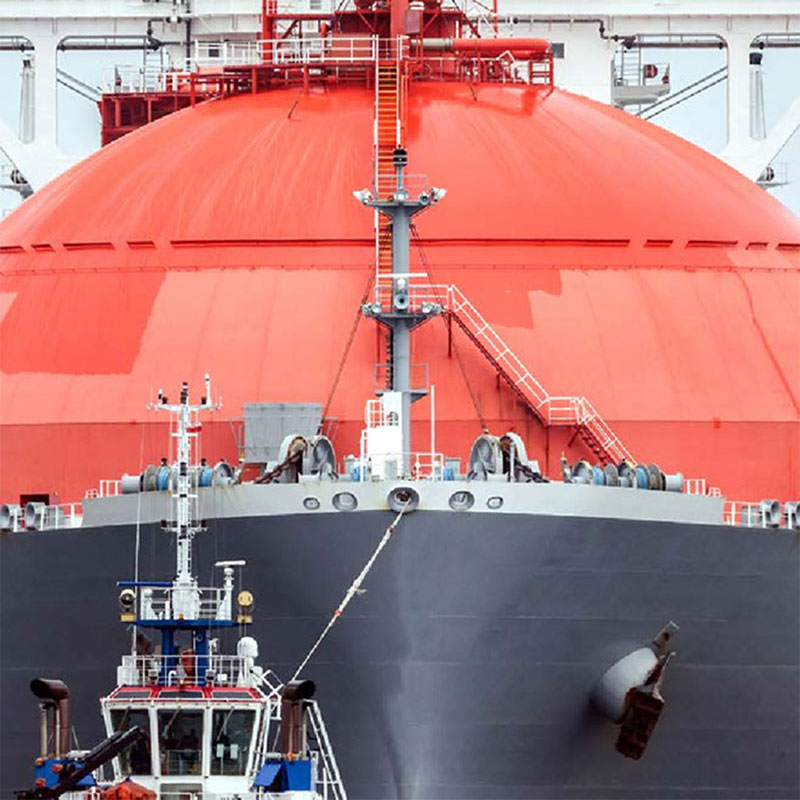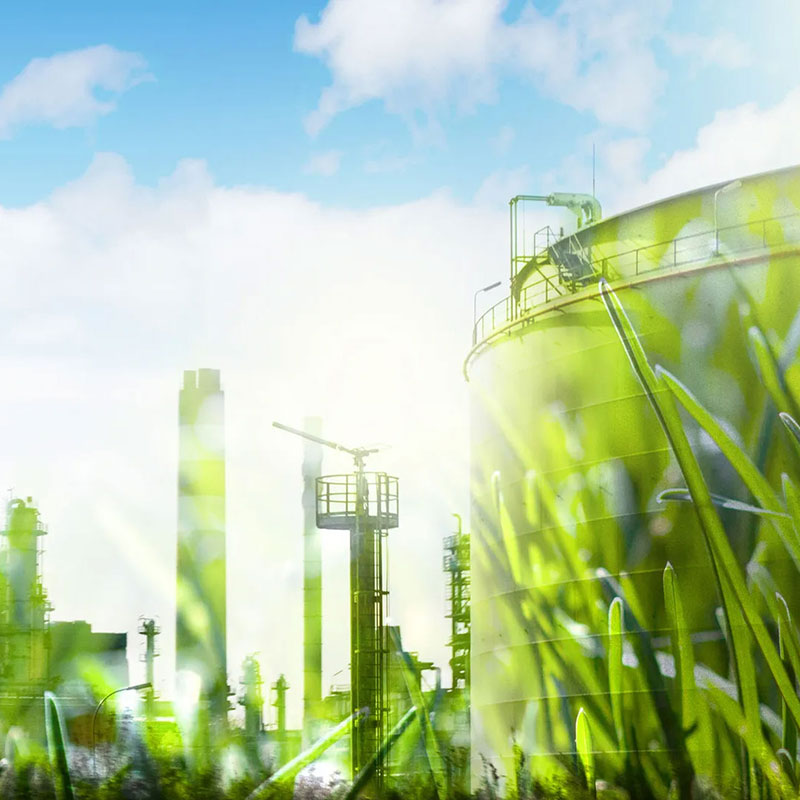Biomass Feedstock Project Development
Harnessing Indonesia’s Biomass for Sustainable Energy Production
We are committed to developing biomass feedstock projects that tap into Indonesia’s rich renewable resources. Our focus is on cultivating and managing biomass sustainably, ensuring a reliable and cost-effective supply for large-scale bioenergy production. By working closely with local partners, we address challenges in supply security and contribute to Indonesia’s energy independence. Our initiatives play a crucial role in reducing fossil fuel reliance and supporting global decarbonization efforts, while fostering economic growth and energy sustainability in the region.
Why Choose Biomass?

Renewable Resource
Biomass is a sustainable and renewable energy source, derived from organic materials like agricultural residues and energy crops. It offers a continuous and reliable supply, making it an ideal alternative to fossil fuels.

Carbon Neutral
Biomass energy production is largely carbon-neutral, as the CO2 released during combustion is offset by the CO2 absorbed during the growth of the biomass, contributing to lower greenhouse gas emissions.

Energy Independence
Developing biomass projects locally reduces reliance on imported fossil fuels, promoting energy independence and enhancing energy security for regions with abundant biomass resources.

Economic Growth
Biomass projects support local economies by creating jobs in agriculture, forestry, and energy production, while also encouraging sustainable land management practices.
Our Biomass Feedstock Project Development Methodology
Sustainable Sourcing
- We prioritize the sustainable sourcing of biomass, ensuring that raw materials are harvested responsibly. This approach not only supports environmental conservation but also guarantees a consistent and renewable feedstock supply.
Local Partnerships
- We collaborate with local communities and stakeholders to develop integrated supply chains. These partnerships foster economic growth and ensure the smooth implementation of biomass projects.
Efficient Processing
- Our methodology includes the use of advanced technologies for efficient biomass processing, converting raw materials into high-quality energy products with minimal waste.
Regulatory Compliance
- We ensure all projects comply with local and international regulations, aligning with global sustainability standards and reducing environmental impact.

Real-World Examples of Our Green Methanol Plant Projects
Project A
Bio Methanol Production in Sulawesi, Indonesia: The Taliabu Island project is set to produce 200,000 tons of bio-methanol by 2027-2028, with plans to reach 1.0 million tons by 2030, utilizing reed bamboo (Arundo Donax) through gasification and synthesis. This project supports our mission to reduce global GHG emissions and advance maritime decarbonization.
Project B
Bio Methanol Production from Sugar Cane Bagasse, Sumbawa Island: We are exploring a project in collaboration with local partners to produce 70,000 to 100,000 metric tons of bio-methanol annually using sugarcane bagasse. This initiative could achieve over 70% Well-to-Wake GHG reduction when utilized as maritime fuel.
Why Partner with Us for your Biomass Feedstock Project Development
Proven Expertise
- Leverage our ongoing methanol projects and deep technical knowledge to ensure successful biomass feedstock development, from sourcing to production.
Strategic Location
- Based in Singapore, we offer unparalleled reach and connectivity, facilitating global partnerships and efficient project execution across Southeast Asia and beyond.
Maritime & Technical Mastery
- Our extensive experience in the maritime sector, combined with our technical expertise, ensures that your biomass project is developed with precision, sustainability, and innovation.

Get In Touch
We’re here to help and answer any questions you might have. We look forward to hearing from you.
